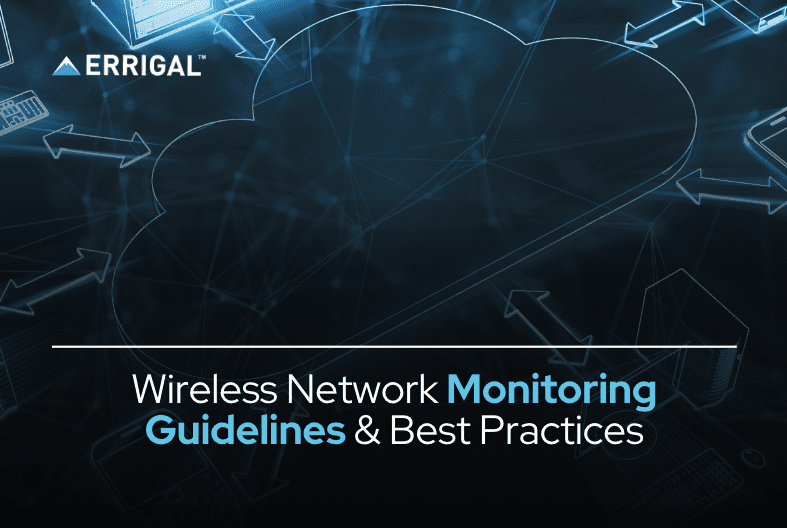Network downtime can be a nightmare for any business, causing productivity losses, decreased customer satisfaction, and even revenue impact. In today’s digital era, where constant connectivity is a requirement, reducing network downtime is not just a technical concern but a business imperative. To help ensure your network remains up and running smoothly, we’ve compiled a list of effective strategies to minimize downtime and maintain optimal network performance.

1. Implement Real-Time Network Monitoring
One of the most effective ways to reduce network downtime is to employ real-time network monitoring. Real-time monitoring tools provide instant alerts about network performance issues, enabling IT teams to take immediate corrective actions. With real-time data and analytics, you can identify potential problems before they lead to critical failures, reducing both the frequency and duration of outages.
Key Tip: Use network monitoring software that offers customizable dashboards, automated alerts, and real-time performance analytics. For more on how to maintain network uptime, check out our article on How to Choose the Right Network Monitoring Software.
2. Proactive Maintenance and Predictive Analytics
Proactive maintenance is key to reducing unexpected network failures. Regularly scheduled maintenance tasks, such as updating firmware, applying security patches, and optimizing configurations, can prevent many issues before they escalate. By integrating predictive analytics, you can go a step further. Predictive tools analyze historical data to anticipate potential network failures, allowing you to address vulnerabilities before they cause downtime.
Key Tip: Explore our Guide to Wireless Monitoring to learn about conducting regular wireless audits and predictive analytics that help identify potential points of failure.
3. Automate Network Management and Response
Manual processes can slow down the response time to network issues. By automating network management tasks, you can streamline operations and reduce human errors that often lead to downtime. Automation enables quick responses to alarms, automated ticket creation, and even automatic failovers to backup systems when a critical component fails.
Key Tip: Implement a network management solution with built-in automation capabilities, such as those offered in our IDMS Product Suite of Network Monitoring Applications.
4. Establish Redundant Systems and Failover Mechanisms
Redundancy is a crucial strategy in mitigating network downtime. Redundant systems, such as backup servers, power supplies, and network paths, ensure that your network can continue operating smoothly if one component fails. Failover mechanisms automatically switch network operations to backup systems when a failure occurs, minimizing disruptions and maintaining availability.
Key Tip: Learn how to future-proof your network infrastructure with our article on Future-Proofing DAS Networks for Emerging Technologies, which discusses redundancy and failover solutions.
Conclusion
Reducing network downtime requires a proactive approach that includes real-time monitoring, predictive maintenance, automation, and a well-trained network management team. By implementing these effective strategies, businesses can maintain a robust and reliable network. If you’re interested in exploring tools that can help enhance your network’s uptime, visit our Network Hardware Page to see how our solutions can support your network management needs.








